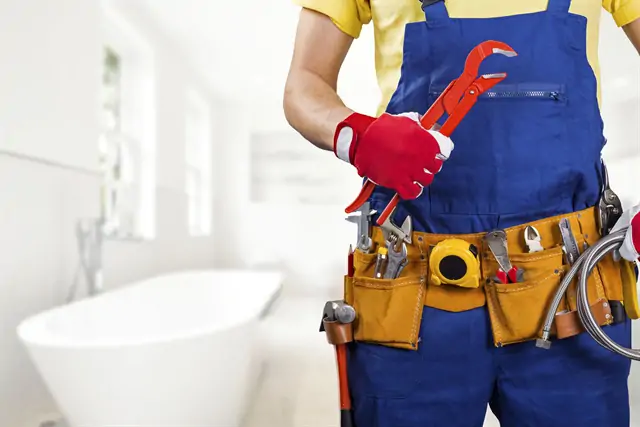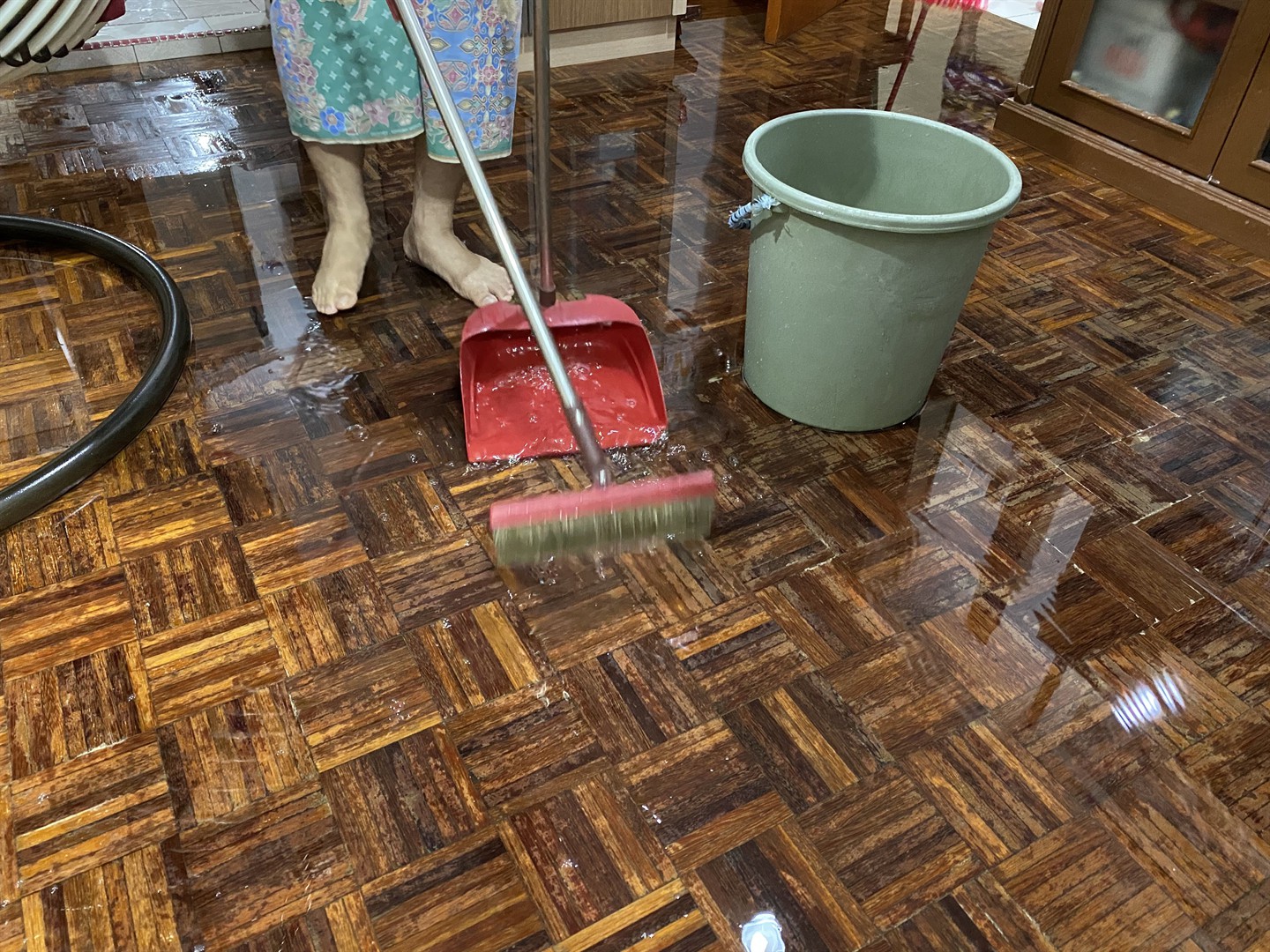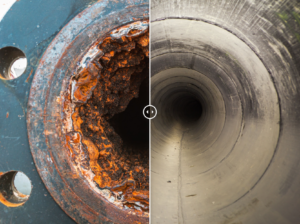Garbage disposals are a convenient and essential component of modern kitchens. They help us to dispose of food waste quickly and efficiently, reducing the amount of trash that ends up in landfills. However, while a garbage disposal is a useful appliance, it is not indestructible. There are certain things that you should never put down your garbage disposal if you want it to work properly and avoid costly repairs. In this article, we will discuss the five things that you should never put down your garbage disposal and why.
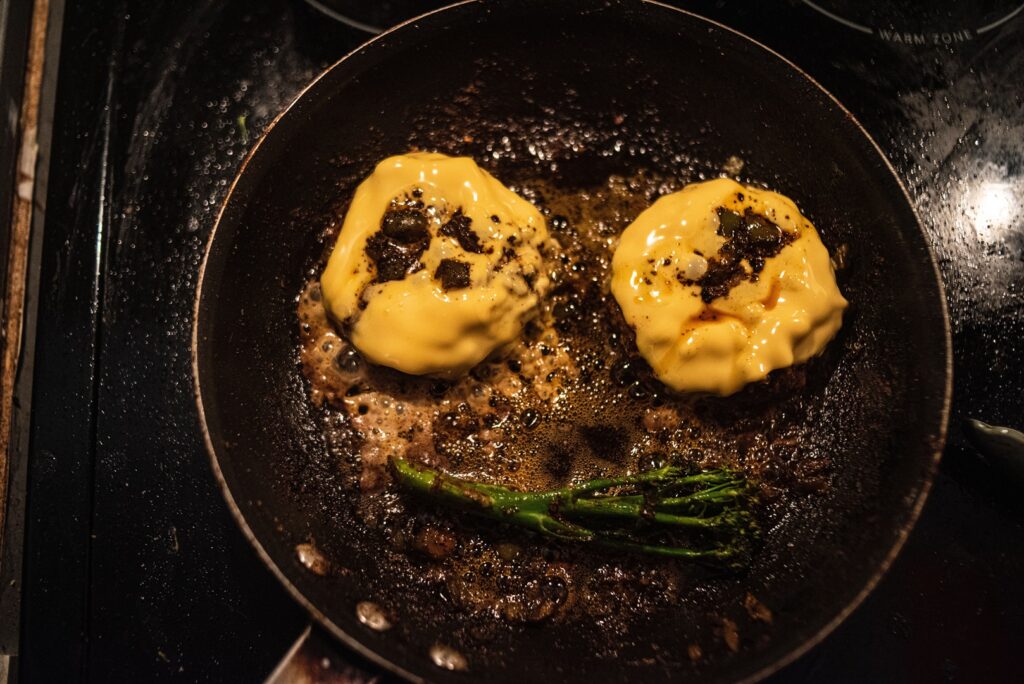
1. Grease and Oil
Grease and oil should never be put down your garbage disposal. These substances are liquid when hot, but they solidify as they cool, creating a thick, sticky, and viscous mess that can clog your garbage disposal and drain. When you pour grease or oil down your garbage disposal, it coats the blades and makes them less effective at grinding up food waste. Additionally, the grease can stick to the inside of your pipes and cause blockages.
To avoid this problem, you should pour used cooking oil and grease into a disposable container and throw it in the trash. Alternatively, you can recycle used cooking oil by taking it to a local recycling center. By doing this, you can help protect your garbage disposal and avoid costly repairs.
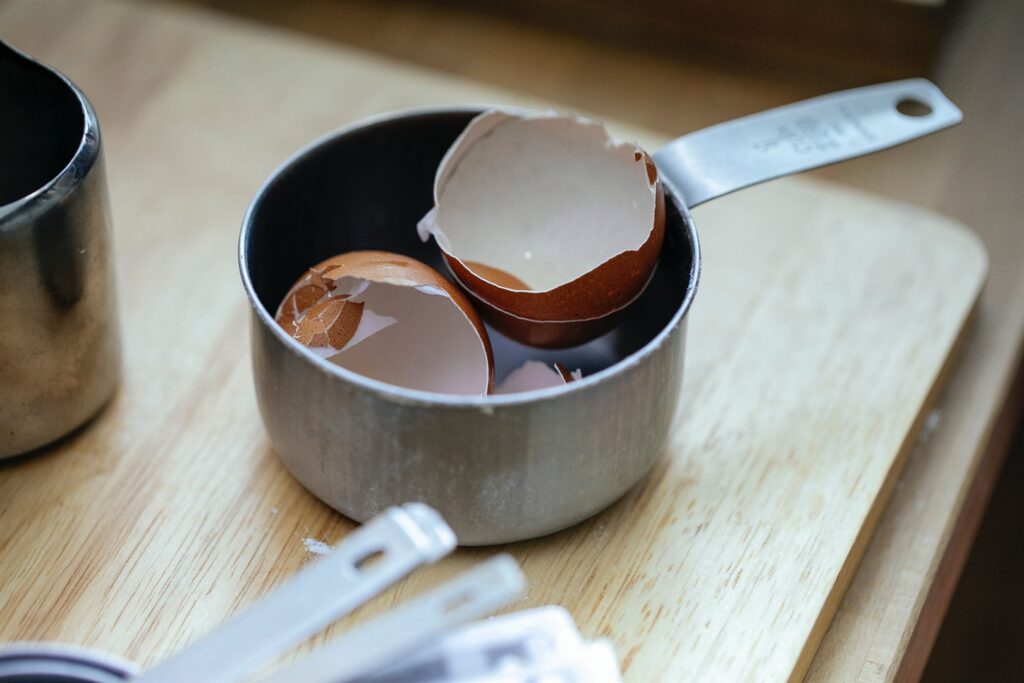
2. Eggshells
Another thing that you should never put down your garbage disposal is eggshells. While it is tempting to dispose of eggshells in the garbage disposal, they can damage the blades and make it less effective at grinding up food waste. Eggshells are hard and brittle, and they can create a sandy, gritty paste that can clog your garbage disposal and drain.
Instead of putting eggshells down the garbage disposal, you can dispose of them in the trash or use them for other purposes, such as composting or gardening. By doing this, you can help protect your garbage disposal and ensure that it works properly.

3. Fibrous Vegetables
Fibrous vegetables, such as celery, asparagus, and corn husks, should never be put down your garbage disposal. These vegetables have long, stringy fibers that can wrap around the blades of your garbage disposal and cause it to jam. Additionally, these fibers can get tangled up with other food waste and create blockages in your pipes.
To avoid this problem, you should dispose of fibrous vegetables in the trash or compost them. By doing this, you can help protect your garbage disposal and avoid costly repairs.
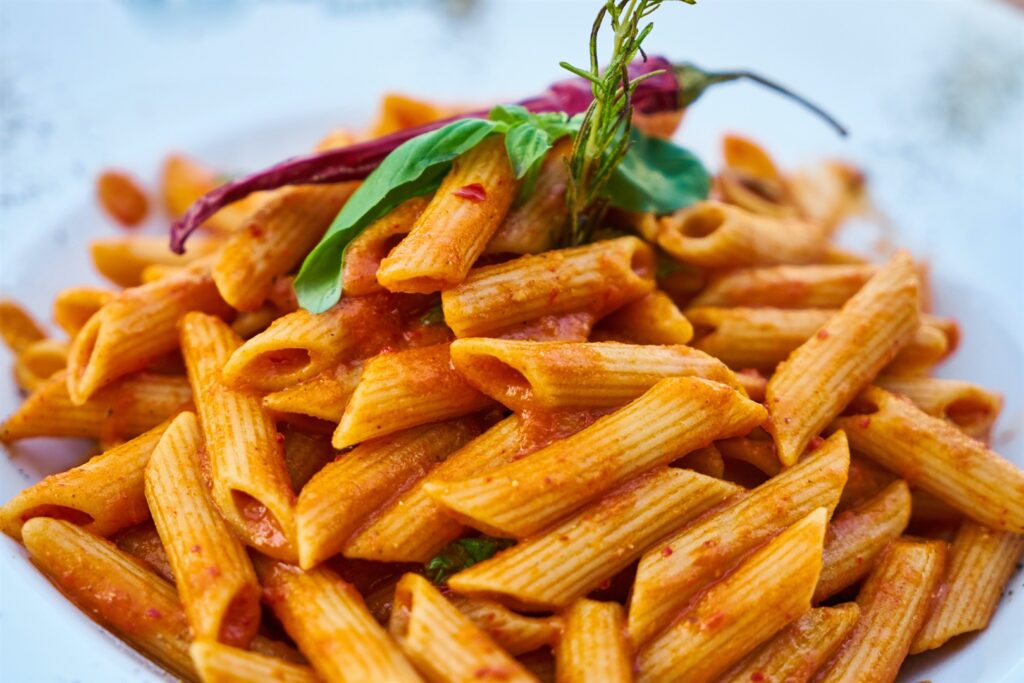
4. Pasta and Rice
Pasta and rice should also never be put down your garbage disposal. These foods expand when they come into contact with water, which can cause them to become stuck in your pipes and create blockages. Additionally, pasta and rice are sticky and can cling to the blades of your garbage disposal, making it less effective at grinding up food waste.
In order to prevent this issue, it is advisable to throw away pasta and rice in the trash or add them to your compost. This can assist in safeguarding your garbage disposal and minimize the need for expensive repairs.
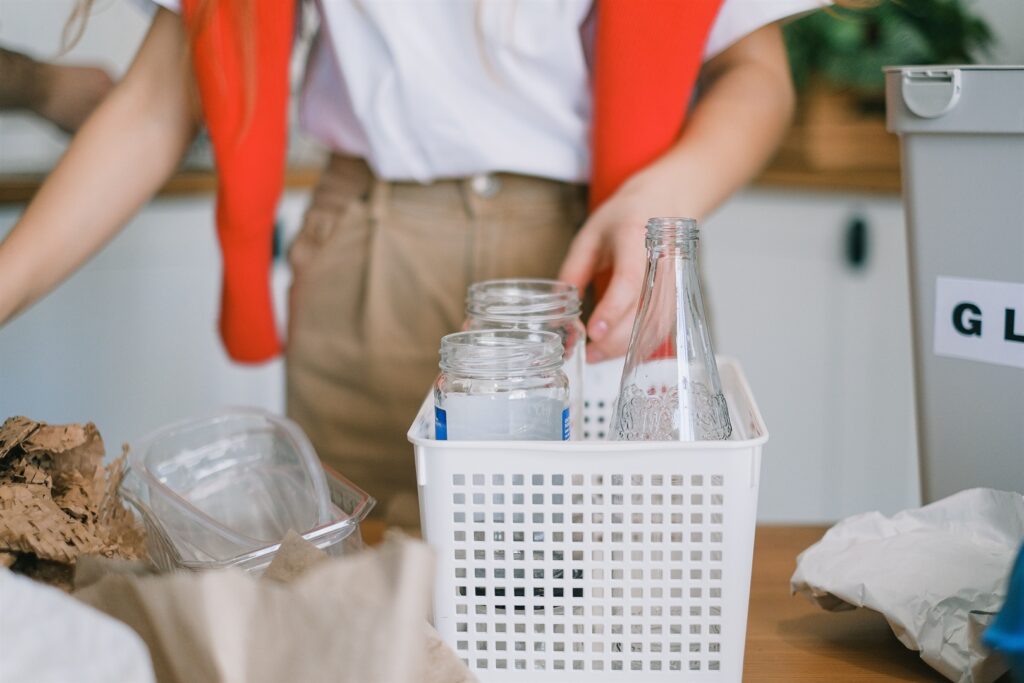
5. Non-Food Items
Finally, it is important to remember that your garbage disposal is designed to grind up food waste only. You should never put non-food items down your garbage disposal, such as plastic, paper, or metal. These items can damage the blades of your garbage disposal and cause it to break down.
To avoid this problem, you should dispose of non-food items in the trash or recycling bin. By doing this, you can help protect your garbage disposal and ensure that it works properly.
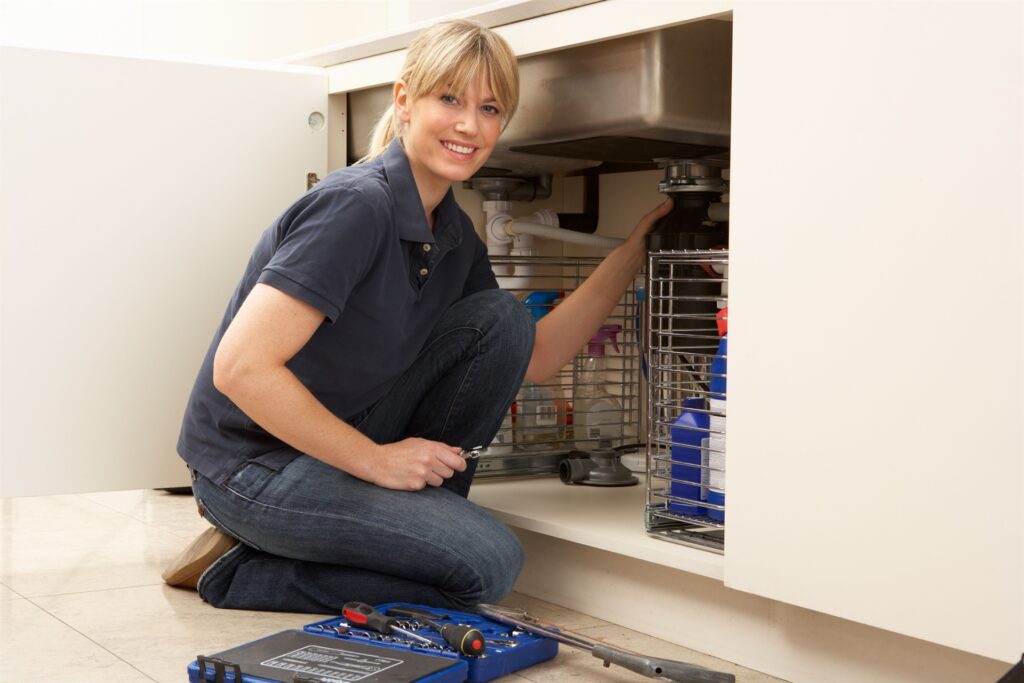
6. Why it is important not to put these items down your garbage disposal
Putting these items down your garbage disposal can cause serious damage to your machine and your plumbing system. When the blades become damaged or clogged, it can be expensive to repair or replace them. In addition, clogs in your pipes can cause backups and leaks that can damage your home. By being mindful of what you put down your garbage disposal, you can avoid costly repairs and keep your plumbing system in good condition.
7. How to avoid potential risk
To avoid potential risks, it is important to be mindful of what you put down your garbage disposal. You can create a list of acceptable and unacceptable items to help you remember what can and cannot be put down the disposal. You can also scrape food scraps into the trash can or compost bin instead of putting them down the disposal. Additionally, you can run cold water for a few seconds before and after using the disposal to help flush out any remaining food particles.
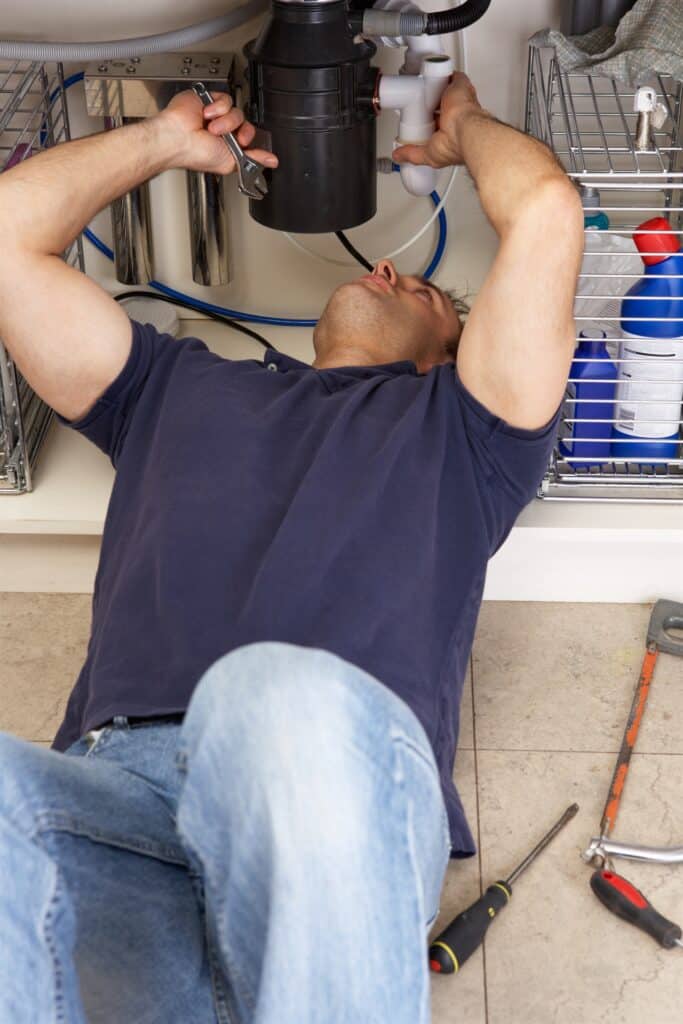
Conclusion
In conclusion, it is important to be mindful of what you put down your garbage disposal in order to avoid damage and potential costly repairs. Avoid putting fibrous, hard, greasy, starchy, and non-food items down the disposal to ensure that it functions properly and lasts a long time. By following these guidelines, you can enjoy the convenience of your garbage disposal without the stress of dealing with issues that can arise from improper use. Remember, when in doubt, throw it out!







